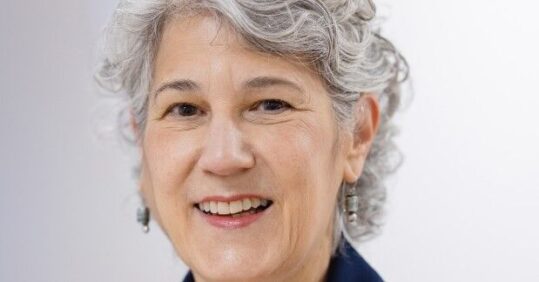Investment in nursing needed to achieve 2030 healthcare target

The head of an international nursing federation is calling on the world’s governments to ‘put nursing at the top of their financial plans’, if a target for Universal Health Coverage (UHC), is to be achieved by 2030.
Achieving UHC is one of the targets the nations of the world set when they adopted the 2030 Sustainable Development Goals in 2015. It means that all people have access to the full range of quality health services they need, when and where they need them, without financial hardship.
‘There is no doubt that nurses hold the master key to unlocking better care for people everywhere,’ said the International Council of Nurses’ (ICN) president, Dr Pamela Cipriano, ahead of a United Nations’ meeting on UHC tomorrow (21 September).
Related Article: New preceptorship package for social care nurses
This will only be achieved by the World Health Organization’s 2030 deadline if there is ‘a dramatic increase in investment in nursing’, the ICN said.
Dr Cipriano argued that: ‘Without that investment, UHC will not be achieved ever, let alone by the fast-approaching deadline of 2030.’
She said that ‘highly skilled nurses make a real difference’, but that their efforts are being ‘thwarted’ by a lack of investment from governments and healthcare organisations in ‘educating new nurses, employing more nurses, improving the training and retention of those we already have, and enabling highly skilled advanced practice nurses to expand their roles and responsibilities’.
ICN, a federation of more than 130 nurse associations, is a member of the International Health Partnership’s (UHC2030) Task Force, which has launched an Action agenda setting out what needs to be done.
‘A robust nursing workforce is a vital first step on this journey,’ said Dr Cipriano, adding that ICN’s own Charter for change also shows how nursing’s contribution to UHC can be maximised.
The charter calls on governments ‘to value, protect, respect, and invest in our nurses to ensure there is a sustainable future for nursing and health care’, she explained.
Related Article: Applications to study nursing in England at ‘new low’
Access to healthcare is ‘a universal right’, Dr Cipriano said, and ‘should be respected by and for everyone on the planet’.
She argued that ‘nurses can make [UHC] a reality’, but not on their own, and they ‘certainly can’t do it without a step-change in the amount of money governments are prepared to put into healthcare’.
Dr Cipriano continued: ‘It’s time we address health security by acknowledging that human capital is wealth embedded in people.
‘The world will be a better place if governments open up their coffers and put health and nursing at the top of their financial plans.
Related Article: Paul Rees appointed as permanent NMC chief executive and registrar
‘Every dollar invested in nursing will return dividends for years to come. It’s time for governments to wise up, step up and pay up – for the good of us all.’

See how our symptom tool can help you make better sense of patient presentations
Click here to search a symptom




